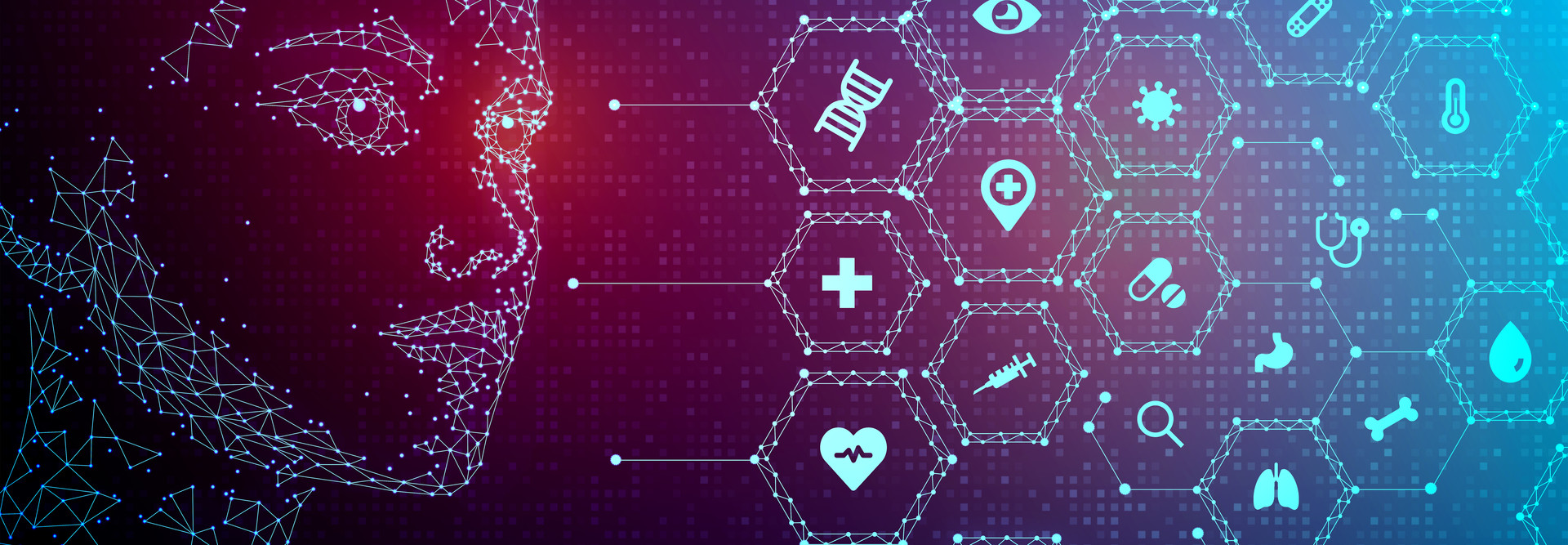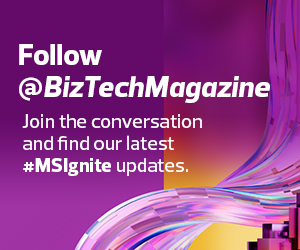How Microsoft Is Bringing AI to Everyday Business Operations
Juarez welcomed Eric Boyd, corporate vice president of AI Platform team, who related success stories from some of Microsoft’s customers.
“We’re seeing more and more customers realize actual business value from AI in mission-critical workloads,” he said. “For example, the Volkswagen Group is using translation, Azure Machine Learning, cognitive search, cognitive services and other things to translate” scores of documents, while staying compliant within the EU regulations.
And while AI can sometimes be seen as a futuristic form of technology to be realized in coming years, Boyd noted that it’s already being implemented in common ways. “In fact, you may not even realize some of the ways you’re already experiencing Azure AI today, from recognizing your face when you sign on in the morning, to making your meetings more inclusive and efficient, to helping you with daily tasks, to finding new adventures tailored just for you.”
Boyd and Juarez also demonstrated how AI was used to implement a digital contact center for a financial institution, as well as enhancing the customer experience with automated customer supported fueled by Azure ML.
“Azure Machine Learning accelerates your time to value with industry-leading things: MLOps, open-source interoperability, integrated tools. So, you can empower data scientists and developers to build, deploy and manage high-quality models faster and with confidence,” Boyd said.
LEARN MORE: Discover how the banking industry can use AI to mitigate risk.
Unexpected Benefits of Data-Based Tools
AI has long been touted as a way to save money, bridging talent shortages and addressing supply chain problems, but current use cases reveal some unforeseen advantages of automation.
“Responsible AI is super important to us,” Boyd explained. “AI enables rapid innovation across industries, helps everyone on the planet to achieve more and drives positive change in our society. At Microsoft, we’re committed to the advancement of AI driven by ethical principles that put people first — principles of fairness, reliability and safety, privacy and security, inclusiveness, transparency, and accountability.”
Boyd noted that these principles don’t just guide Microsoft’s internal product development. “We’re not only building responsible AI solutions for our customers, we’re also sharing these capabilities so that our customers can do the same thing with their organizations.”
READ MORE: Find out why businesses must overcome AI bias in hiring.
Microsoft Introduces Powerful New AI Tools
In his opening keynote, Microsoft Chairman and CEO Satya Nadella also spoke about Microsoft’s AI advancements, and he addressed the need to implement the technology responsibly: “We are committed to making the promise of AI real for you and doing this responsibly.”
“We are helping you build responsibly with tools like our responsible AI dashboard, which helps you evaluate the performance and fairness of your model,” Nadella said.
This responsible approach to AI is already being implemented in common Microsoft tools. “Today, we’re introducing the new AI Builder capabilities, including the feedback loop, which retrains models to continuously improve their performance and accuracy,” he said.
The company also introduced Microsoft Syntex, which Nadella explained “uses our AI Builder and power automation capabilities to automatically retag and index high volumes of content.” The product allows PDFs and Word documents to be translated into multiple languages instantly, and it’s already integrated into Microsoft 365 and Teams.
Keep this page bookmarked for articles and videos from the event and follow us on Twitter @BizTechMagazine and the official conference twitter feed, @MS_Ignite.













